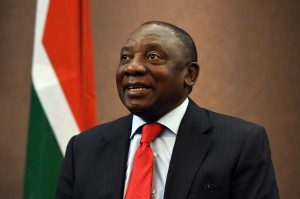 Developing countries’ domestic capital markets are very shallow and will take time to strengthen and deepen. But the urgency of the infrastructure task requires financing right now, which means international markets have to be tapped.
Developing countries’ domestic capital markets are very shallow and will take time to strengthen and deepen. But the urgency of the infrastructure task requires financing right now, which means international markets have to be tapped.
- transparency on costs and returns, and purchase and selling prices
- reliable judicial systems to protect ownership
- low levels of bureaucracy
- low levels of corruption
Electricity a stumbling block
John Rice, Vice-Chairman, GE, USA, added that inclusive growth is impossible without electricity, citing figures showing that 500 million in Africa are “in the dark”. This has to change and quickly, and highlights the need for nimbleness and urgency on the part of governments and bureaucracies in addressing power gaps. “Speed matters,” he said, lamenting how important projects are allowed to “languish” due to political electoral cycles. Dana Hyde, Chief Executive Officer, Millennium Challenge Corporation (MCC), USA, said initiatives such as Power Africa are cause for optimism in electrifying Africa. “We will get there,” she declared. Commenting on the issue of strengthening domestic capital markets, South African Deputy President Cyril Ramaphosa pointed out that billions of dollars are leaving Africa through complex corporate structures and straightforward tax dodging.“We must close these loopholes to stem the seepage,” he said. He contended that the international financial architecture should be fixed as it favours the rich and debt repayment is often punitive towards smaller country borrowers.







